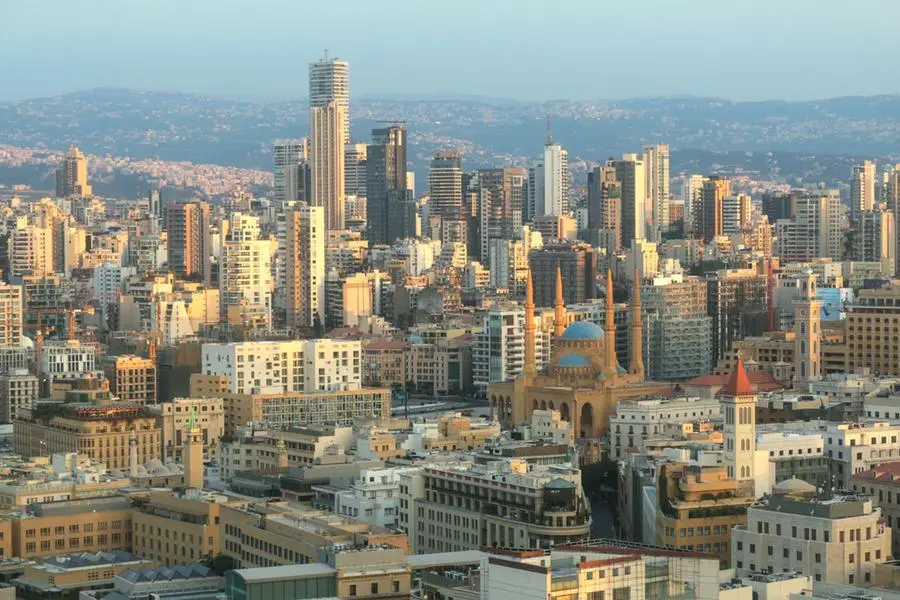PHOTO
The ongoing Israel-Gaza conflict and a weakened domestic economy adversely impacted Lebanon’s private sector economy in February with overseas clients reluctant to place orders with businesses in the country, citing security concerns.
According to the latest BLOM Lebanon Purchasing Managers’ Index (PMI) survey, February closed at 49.1, recording a slight dip from January’s 49.4, with anything below 50.0 indicating a decline in business.
Weak demand conditions were a restrictive factor for businesses in Lebanon during February, with security concerns due to the war in Gaza furthering a dent in company sales. A challenging political and economic landscape also weighed on clients’ appetite to place new orders. Export performances also suffered due to the regional conflict.
The deterioration in the health of Lebanon’s private sector economy also resulted in a renewed drop in employment as business confidence fell to a seven-month low.
Supplier performance fractionally improved, leading stocks of inputs to rise again. Cost pressures also remained contained, with the rate of inflation holding close to January’s 28-month low.
Backlogs of work depleted further midway through the first quarter despite lower staffing capacity. However, the pace at which pending orders fell was the slowest for three months. Nevertheless, purchasing activity stabilised in February, ending a four-month period of contraction. This came amid improvements in supplier performance, with average input lead times shortening for the first time since last September, albeit only fractionally.
However, companies were more pessimistic about future output prospects.
Overall, business confidence fell to its lowest level in seven months, with fears of a prolonged war in Gaza weighing on sentiment. Domestic political and economic conditions were also expected to remain challenging.
Aline Azzi, research analyst of BLOMINVEST Bank, said: “The current conflict in Lebanon, compounded by security concerns and the lack of comprehensive economic stabilisation measures, is significantly contributing to the retreat observed in the PMI index for February to 49.1. The notable decline in business activities is driven by weakened demand conditions, decreased employment levels, and depleted backlogs of work.”
She added that the failure to elect a Head of State for over a year was “exacerbating the economic challenges faced by Lebanon.”
Since October 2022, Lebanon’s divided parliamentarians have failed to elect a successor to President Michel Aoun. The current parliament, one of the country’s most deeply divided, has failed 12 times to elect a successor, with the last session in June.
(Writing by Bindu Rai, editing by Seban Scaria )



















